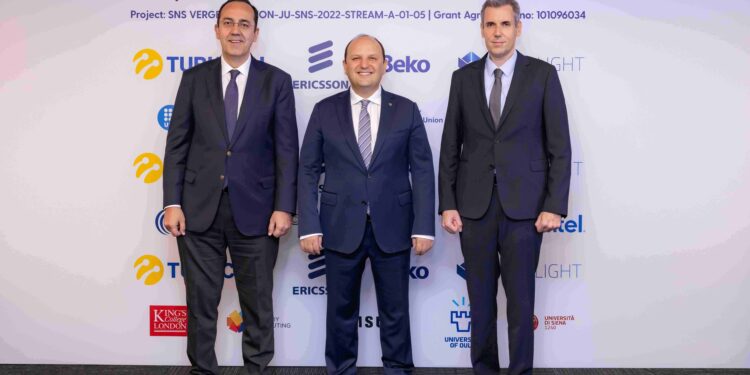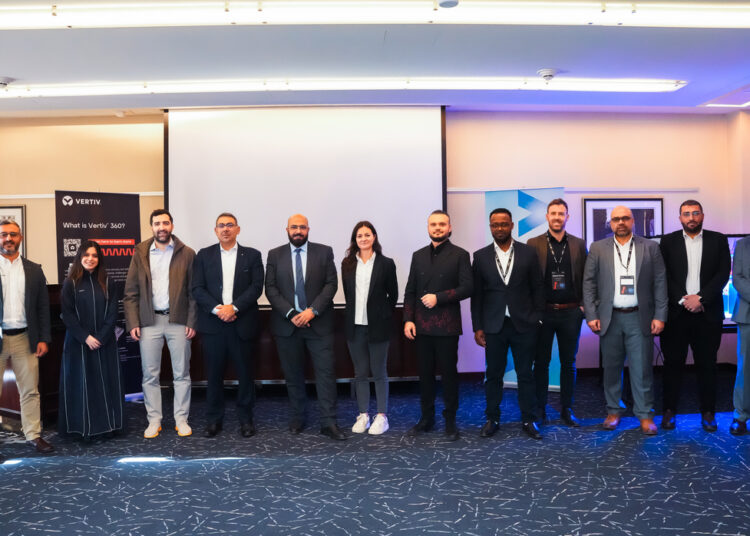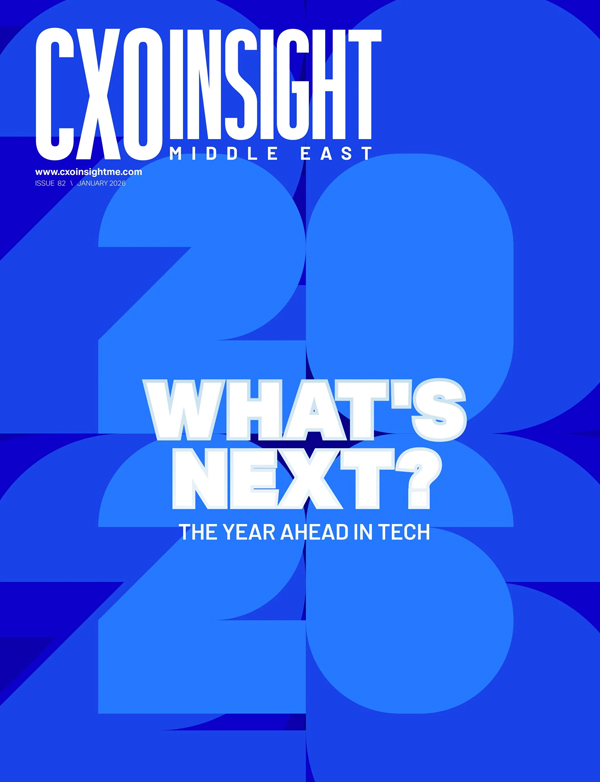Turkcell, Beko, and Ericsson have implemented the EU-supported VERGE project to develop next-generation communication technologies. R&D teams in Istanbul and Eskişehir collaborated in real-time over 300 km for the first time in Türkiye, using an eXtended Reality (XR) environment for industrial product design. At the project launch workshop, participants experienced a 5G-powered industrial design demo supported by XR glasses.
The VERGE Project, carried out jointly by Turkcell, Beko, and Ericsson, has been successfully concluded. The results of the project, which aims to strengthen Türkiye’s digital production and R&D ecosystem, were shared during an organised workshop. As part of the event, a test study was carried out with a 5G connection established between Beko’s R&D Centre in Eskişehir and Turkcell Kartal Plaza, which is approximately 300 km away. The R&D teams in both cities collaborated simultaneously via XR glasses by examining and carrying out joint three-dimensional product designs on a shared digital platform without being physically in the same environment. This marked the first application of remote, real-time industrial product design in Türkiye.
The event, hosted by Turkcell, brought together Prof. Dr. Vehbi Çağrı, Güngör Chief Network Technologies Officer of Turkcell; Yekta Caymaz, Executive Director of Information Technologies at Beko; Mehmet Oğul, General Manager of Ericsson Türkiye; and Prof. Dr. Oriol Sallent, VERGE Project Coordinator. Additionally, EU project referees and specialists from Turkcell and Ericsson’s TÜBİTAK-supported R&D laboratories were in attendance.
Highlighting the project’s significance in advancing Türkiye’s ambition to not only utilise but also develop cutting-edge technology, Prof. Dr. Vehbi Çağrı, Güngör Chief Network Technologies Officer of Turkcell, says: “Türkiye’s 12th National Development Plan positions digital transformation applications as one of the priority areas in line with sustainable and inclusive growth targets. Under Turkcell’s leadership and supported by the European Union’s R&D efforts, the VERGE Project enhances advanced technological competencies in next-generation networks and edge computing. This initiative aims to strengthen Türkiye’s digital infrastructure and reinforces its role within the international R&D ecosystem through collaborative innovation.”
Speaking at the workshop, Yekta Caymaz, Executive Director of Information Technologies at Beko, says: “The high speed, low latency, and wide connection capacity enabled by 5G technology constitute the cornerstones of digital transformation. At Beko, we place great emphasis on harnessing this technological potential to develop innovative applications efficiently. Our collaboration with Turkcell and Ericsson through the VERGE project has significantly strengthened this ecosystem. Thanks to the solutions developed, our R&D teams can now collaborate in real-time from different cities or even across the globe. This approach not only accelerates design processes and boosts efficiency but also contributes significantly to sustainable design and enhanced product quality through XR technologies. Projects like these represent investments not only in technology but also in innovation, entrepreneurship, and sustainability. Guided by this vision for our digital transformation journey, Beko continues to shape the future.”
Mehmet Oğul, General Manager of Ericsson Türkiye, says: “Our collaboration with Turkcell and Beko marks a significant step in strengthening Türkiye’s digital production ecosystem. The advantages offered by 5G, such as low latency and high speed, enable more efficient and interactive industrial design processes. We view this project as a valuable contribution not only to technology, but also to innovation and sustainability. Ericsson remains committed to supporting Türkiye’s digital transformation with our vision of shaping the future of communication technologies.”
The higher speeds, lower latency, and wide connection capacity of 5G enable industrial design processes to become more efficient and interactive across long distances and between different locations. This technological advancement accelerates product development processes regardless of location and enhances global competitiveness.
Leveraging 5G’s network slicing capabilities — which offer optimised resource usage, enhanced security, and flexibility — can drive digital transformation across multiple sectors. In the test between Istanbul and Eskişehir, large-scale 3D product design models were instantly captured in product lifecycle management (PLM) software via a 5G infrastructure, effectively eliminating geographic barriers and reducing costs. The project also implements network slicing on the 5G Radio Access Network (RAN), with AI-driven, autonomous network resource management. This innovative approach is aimed at accelerating digital transformation in industrial design processes and different sectors.









Discussion about this post